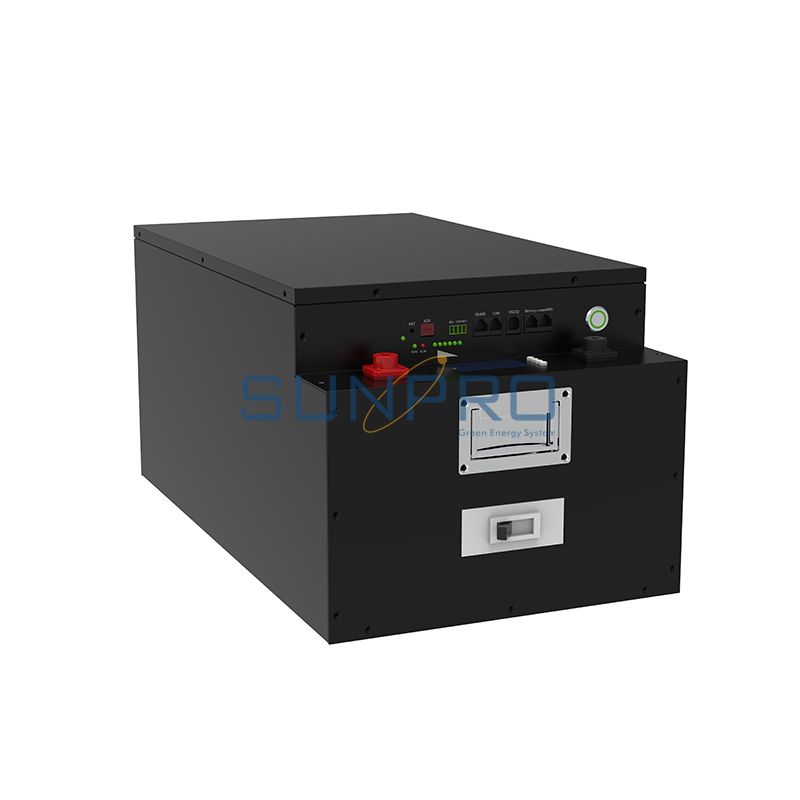Are diesel generators safer than gas?
The safety comparison between diesel generators and gas (typically referring to gasoline) generators involves considering various factors. Both types of generators have their own set of advantages and potential risks, and the choice often depends on specific applications, safety measures, and user preferences. Here's a breakdown of key safety considerations for each:
Fuel Stability:
Diesel fuel is generally more stable than gasoline. It is less prone to volatility and has a higher flashpoint, meaning it requires higher temperatures to ignite. This characteristic contributes to a lower risk of accidental ignition.
Fuel Storage:
Diesel fuel is less flammable compared to gasoline, making storage and handling safer. Diesel fuel vapors are less explosive than gasoline vapors, reducing the risk of fire or explosions in storage areas.
Leakage:
Diesel fuel is less prone to vapor leakage than gasoline. In the event of a leak, the risk of combustion from the vapor is lower, enhancing overall safety.

Gasoline Generators:
Flammability:
Gasoline is more flammable than diesel fuel. It has a lower flashpoint, which means it can ignite more easily. This characteristic increases the risk of fire hazards during storage, handling, and use.
Vapors:
Recommended article:The Importance of Thimble Anchor Rods in Structural Stability
Thimble Anchor Rod: The Ultimate Guide to Anchoring Solutions
Eye Nut: An Essential Component for Versatile Lifting Solutions
Strain Clamp: A Comprehensive Guide to Usage and Benefits
Turnbuckle: An Essential Component in Mechanical Systems
Stay Rod: A Comprehensive Guide to Understanding its Importance and Applications
Electrical Piercing Clamp: A Versatile Solution for Electrical Connections
Gasoline generates more explosive vapors than diesel. These vapors can accumulate in enclosed spaces, creating a potential hazard. Adequate ventilation is crucial when operating gasoline generators.
Storage and Handling:
Gasoline requires careful storage and handling due to its higher flammability. Special precautions, such as storing gasoline in approved containers and keeping it away from ignition sources, are essential to minimize risks.
Considerations for Both:
Carbon Monoxide Emissions:
Both diesel and gasoline generators produce carbon monoxide (CO) emissions, which can be deadly if inhaled in high concentrations. Proper ventilation and placement of generators outdoors are crucial safety measures to prevent CO exposure.
Maintenance:
Regular maintenance of generators, regardless of fuel type, is vital for safety. This includes checking for fuel leaks, ensuring proper ventilation, and addressing any issues promptly.
Ignition Sources:
Both types of generators pose risks if operated in close proximity to open flames, sparks, or other ignition sources. Following safety guidelines and maintaining a safe operating environment is essential.
Conclusion:
The safety comparison between diesel and gasoline generators involves a nuanced evaluation of their respective characteristics. While Dingbo diesel generators are often considered safer in terms of fuel stability and storage, both types require careful handling, adherence to safety protocols, and proper maintenance to mitigate risks. The choice between diesel and gasoline generators should be based on specific requirements, considering factors such as fuel availability, efficiency, and overall safety considerations for the intended application.
The Insulated Wedge Clamp: Enhancing Electrical Connections Safely and Efficiently
The Ultimate Guide to Shackle: Unleashing the True Potential
What are the different types of small limit switches?
The Benefits of Using Touch Screen Industrial Monitors
What are the benefits of using medical LCD screens?
Heating Elements for Home Appliances: The Heart of Efficient Heating
Understanding the Distinction: J-Bolt vs. Anchor Bolt
- Previous: What is a diesel generator?
- Next: What does explosion proof mean?
- 0

- 1743
- 0
- 0










